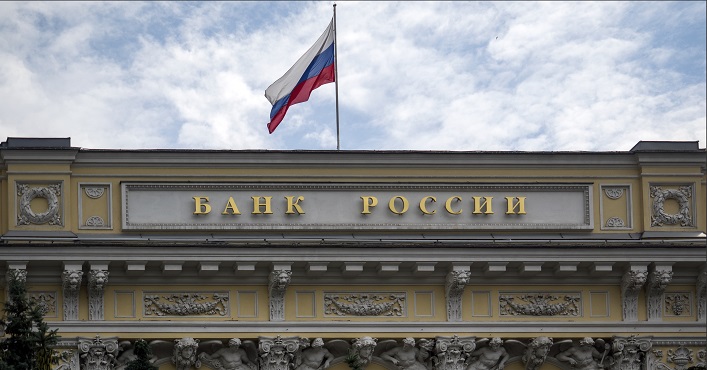The EU is studying the possibility of transferring €15B in revenues from frozen Russian assets.


As the FT points out, Belgium’s new responsibilities as the country currently holding the EU presidency may complicate the issue of using blocked Russian assets to help Ukraine.
At the same time, while the Big Seven group of countries is considering how to use about €260B belonging to the Russian Central Bank for the benefit of Ukraine, European countries are taking their first steps to use the profits from these assets.
European government officials are working on various possibilities to transfer Russian assets to Kyiv but fear their negative consequences. Therefore, they are working to extract only the excess profits of €15B that financial institutions receive from owning these assets. Germany, France, and Belgium, where most frozen assets are located (€210B), are wary of their actual confiscation.
“Belgium, where €191B is stuck, promised to continue the work, but it is felt that it does not want to do it,” said one of the EU diplomats.







